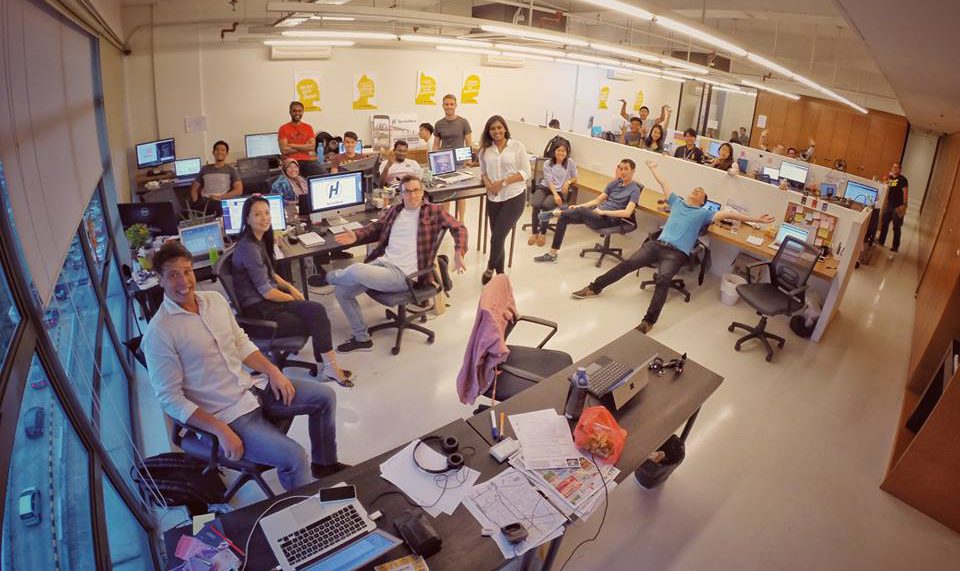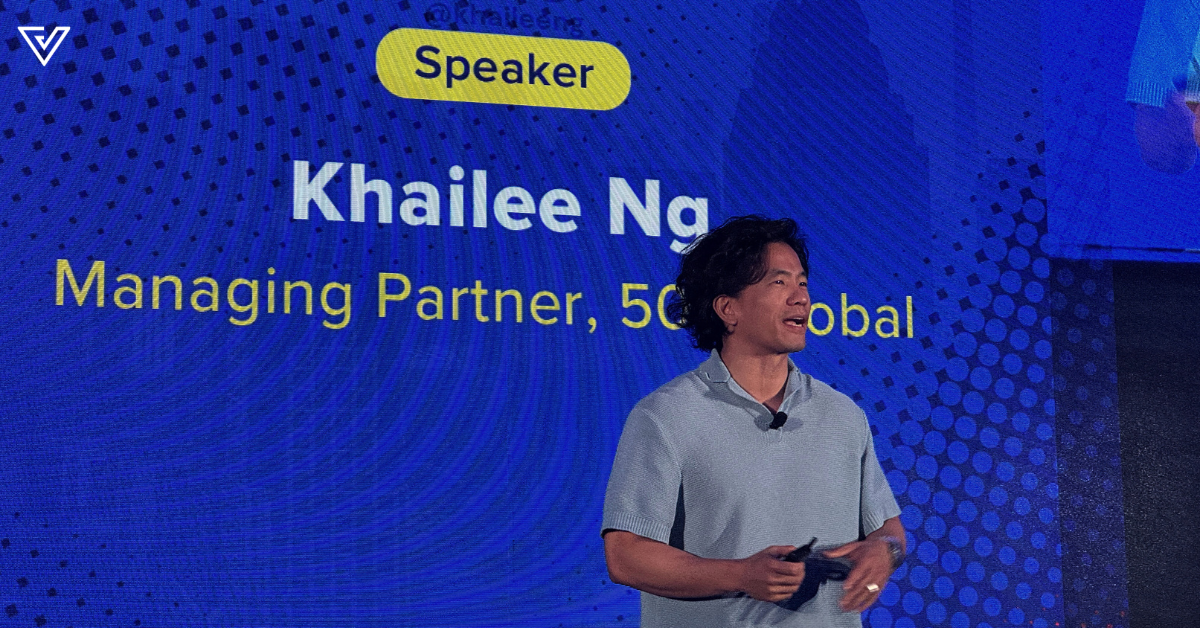There is a rush for internet companies to move into some large and exciting markets in Southeast Asia. Some countries have extremely alluring population numbers—Indonesia: 250M; Philippines 100M. In fact, at an early stage, I was convinced I had to put these countries in my short-medium term expansion road-map to whet the appetite of investors. Many people have asked me why I have not moved into these markets quicker, so I thought I’d give some insight into my decision making process.
Whilst I agree that Indonesia and Philippines are exciting markets, with large populations and tremendous internet use growth. These countries will also present crushing challenges for an early-stage start-up that is headquartered in Kuala Lumpur.
I read the Euromonitor and EIU reports about the potential of Indonesia and Philippines. I pored over countless strategy papers written by McKinsey and BCG on the topic of the opportunities in these large markets—optimism is high. And with this optimism, I made several trips to Jakarta, Bali and Manila to see first-hand what was happening on the ground. This blog post will reconcile the numbers (that I read about) and my real life experiences.
ServisHero’s Expansion Strategy

First, my growth an expansion strategy for ServisHero is simple — it has two key factors:
1. People; and
2. Market Readiness.
I am first guided by where I can find exceptional people.
I am first guided by where I can find exceptional people to build a business—usually this is from personal network. It’s always important that our country managers are local and have had global work experience—at ServisHero we say that our leaders should have previously worked on projects with billion-person impact. These diamonds are hard to find, but when you find them, the potential to develop a business is phenomenal.
Market Readiness is subjective—but I am very much guided by my experience after spending at least a week in a new country.
Expansion In Indonesia

INDONESIA: Market Readiness is subjective—but I am very much guided by my experience after spending at least a week in a new country—seeing is believing. With eagerness last year I landed in Jakarta, all the research papers had said that this was the world’s most exciting internet market! The driver picked me up from airport—he was using a Nokia feature phone.
He helped me buy a 4G simcard to pop-into my smartphone: awesome—affordable high speed internet! I spent the next few days meeting with potential partners, candidates and exploring the city. Each time I left a major landmark, my phone switched to HSDPA (2G speed internet); and downloading a PDF on Gmail became impossible.
How could I run a mobile-first company in this patchy infrastructure? As the days passed, I realised that at the service providers I met, cleaners, plumbers, electricians were all using dumbphones, those few with smartphones frequently did not have data enabled on their phones—not out of choice, but because of cost. They were extremely price sensitive. How would these people pay for my credits to use the service?
Expansion In Philippines

PHILIPPINES: Another triple-digit million population economy. I was optimistic! I spent a week in the Manila to see if this city could be a good new market for ServisHero. I mean, Grab, KFIT and other local service marketplaces had set up shop there—must be a good place to run a mobile-first company right?
First signs of problems: Gmail doesn’t load on my phone, Slack can’t open, Whatsapp takes 1 minute to connect, then another 1 minute to send a photo. I head to a Business Process Outsourcing (BPO) centre for a meeting—BPO staff are a huge portion of the rising middle class (those classified as B, C & D in the A to F scale of socioeconomic class in the Philippines).
On the crammed elevator I took note—all but 1 person (that wasn’t a ServisHero employee) was using a Nokia dumb/feature phone. I went to a friend’s home, I was greeted by a large number of domestic workers: 4 cleaners, 1 gardener and a boy (a handyman who can do everything). I was told, “Welcome to the Philippines!” by my friend. How would I run a marketplace for services if the target consumer market all had help at home?
So What Happens Next?

Whilst the above markets are exciting and I agree to some extent with the ‘experts’ who have written opinion papers of these markets, I am cautious to rush in at our early stage of the business. Our goal as an organisation is to create as much real value as possible—that means real job creation (not just the creation of job requests made over a platform)—that will deliver long-term shareholder value.
I know that with technology, society changes very quickly—it was just 7 years ago that the first iPhone was introduced—now I can’t imagine life without it, and new app economies have sprung up. So I am watching Indonesia and Philippines eagerly, but also cautiously.
They say numbers don’t lie—but sometimes you can learn more by just talking to people on the ground and speaking to the hearts and minds of your users. If we do enter these new markets, a very creative solution would have to be implemented to make ServisHero work (I’m thinking!).
The very exciting part of the problems in Indonesia and Philippines is the huge opportunity to make societal impact. Over the last year, ServisHero has created hundreds of new jobs in the local economy—I get goosebumps thinking about the societal change our platform could provide to worlds with such large disparities between rich and poor. Watch this space… I’m thinking.
Karl Loo is the co-founder and CEO of ServisHero, Southeast Asia’s fastest growing local services marketplace app. Formerly a Regional Director of Groupon China and co-founder of South Africa’s leading online fashion and furniture retailers (acquired by Naspers), Karl was also VP of Operations for Y-combinator startup, Memebox based in Silicon Valley. You can follow his adventures on Instagram here.








